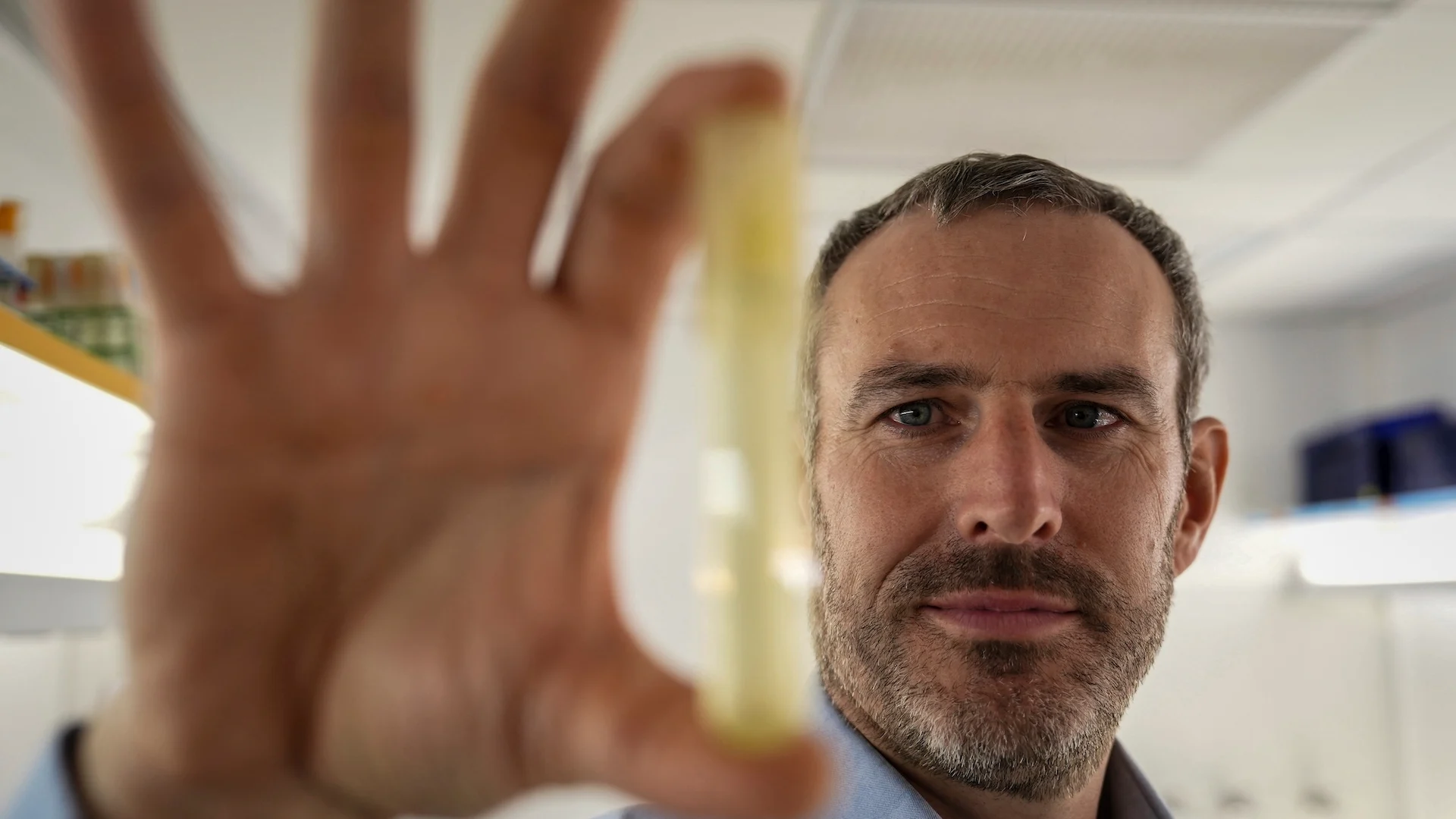
"A study published Monday in the journal Nature Microbiology found Prochlorococcus populations could shrink by as much as half in tropical oceans over the next 75 years if surface waters exceed about 82 degrees Fahrenheit (27.8 Celsius). Many tropical and subtropical sea surface temperatures are already trending above average and are projected to regularly surpass 86 degrees Fahrenheit (30 Celsius) over that same period."
"These tiny organisms hold a vital role in ocean life Prochlorococcus inhabit up to 75% of Earth's sunlit surface waters and produce about one-fifth of the planet's oxygen through photosynthesis. More crucially, Ribalet said, they convert sunlight and carbon dioxide into food at the base of the marine ecosystem. "In the tropical ocean, nearly half of the food is produced by Prochlorococcus," he said. "Hundreds of species rely on these guys.""
Prochlorococcus, the smallest and most abundant phytoplankton, inhabits up to 75% of Earth's sunlit surface waters and produces about one-fifth of global oxygen through photosynthesis. Prochlorococcus converts sunlight and carbon dioxide into base-level food that supports hundreds of marine species and sustains tropical ocean productivity. Projected surface warming that regularly exceeds roughly 27.8–30°C could reduce Prochlorococcus populations by as much as half in tropical regions over the next 75 years. Declines in this keystone organism will alter food webs, biodiversity, and the balance of oxygen and carbon cycling, with imperfect compensation from other phytoplankton.
Read at Fast Company
Unable to calculate read time
Collection
[
|
...
]